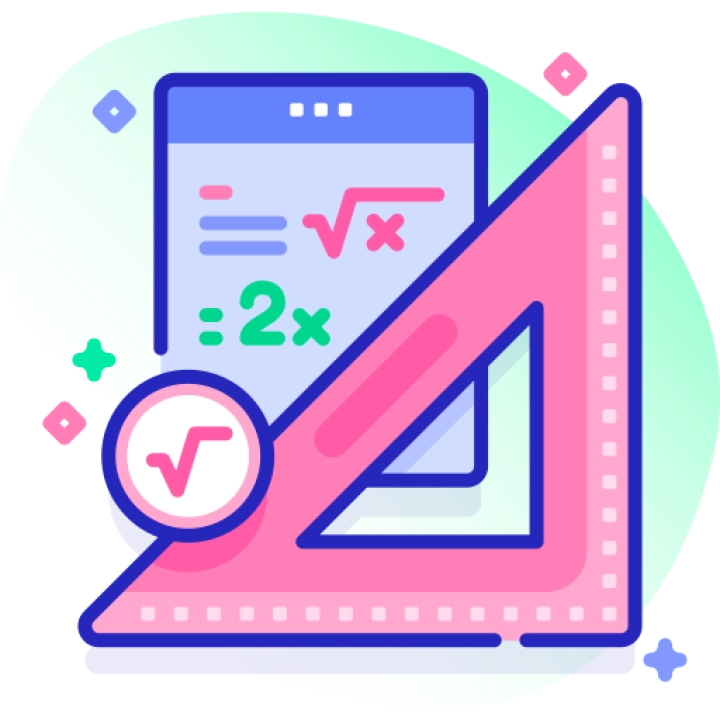Faculty: Graduate Studies Institute
This specialization provides a comprehensive understanding of the principles and practices of applied mathematics, focusing on the use of mathematical methods to solve real-world problems in science, engineering, and industry. Students will explore key topics such as mathematical modeling, numerical analysis, optimization, and statistical methods. The specialization emphasizes integrating theoretical knowledge and practical skills to prepare students for careers in data science, engineering, finance, and related fields.
Learning Objectives:
- Understand the fundamental principles of applied mathematics and their role in solving real-world problems.
- Develop skills in mathematical modeling and numerical analysis.
- Learn optimization techniques and statistical analysis.
- Explore the principles of differential equations and their applications in various fields.
- Understand the impact of emerging technologies, such as machine learning and big data, on applied mathematics.
- Analyze challenges and career opportunities in applied mathematics.
- Develop critical thinking and problem-solving skills to address challenges in applied mathematics.
Major Outline:
- Introduction to Applied Mathematics - An overview of applied mathematics, its history, and its importance in solving real-world problems.
- Mathematical Modeling - Basics of mathematical modeling, including formulation and analysis of models. - Techniques for applying mathematical models to real-world scenarios.
- Numerical Analysis - Principles of numerical methods, including error analysis and algorithm design. - Techniques for implementing numerical solutions to mathematical problems.
- Optimization - Basics of optimization, including linear and nonlinear optimization techniques. - Techniques for applying optimization methods to engineering and business problems.
- Statistical Methods - Overview of statistical methods, including probability theory and data analysis. - Techniques for using statistical methods to interpret and analyze data.
- Differential Equations - Principles of differential equations, including ordinary and partial differential equations. - Techniques for solving differential equations and applying them to physical and biological systems.
- Emerging Technologies in Applied Mathematics - Impact of emerging technologies, such as machine learning, big data, and computational mathematics, on applied mathematics. - Techniques for integrating new technologies into applied mathematics practices.
- Ethics and Professional Practice in Applied Mathematics - Overview of ethical and professional considerations in applied mathematics. - Techniques for ensuring ethical and professional conduct in mathematical research and applications.
Assessment Methods:
- Mathematical modeling and computational projects to assess practical skills.
- Written assignments and research papers to evaluate knowledge of numerical analysis and optimization.
- Presentations and reports on statistical methods and differential equations.
- Participation in group projects and applied mathematics simulations.
Recommended Textbooks:
- "Applied Mathematics for Engineers and Scientists" by Alan Jeffrey.
- "Numerical Methods for Engineers" by Steven C. Chapra and Raymond P. Canale.
- "Introduction to Applied Mathematics" by Gilbert Strang.
Prerequisites:
A basic knowledge of mathematics and computer science is recommended. This specialization is suitable for students in mathematics, engineering, and related fields.
Duration of Specialization:
This specialization typically lasts four academic years, combining lectures, lab sessions, and practical exercises.
Certification:
Upon successful completion, students may receive a degree in applied mathematics, depending on the program and institution.
Target Audience:
This specialization is designed for undergraduate and graduate students in mathematics, engineering, and related fields, as well as professionals seeking to enhance their applied mathematics skills. The specialization prepares students and professionals to excel in applied mathematics, leveraging theoretical knowledge, practical skills, and emerging technologies to effectively solve complex real-world problems.

